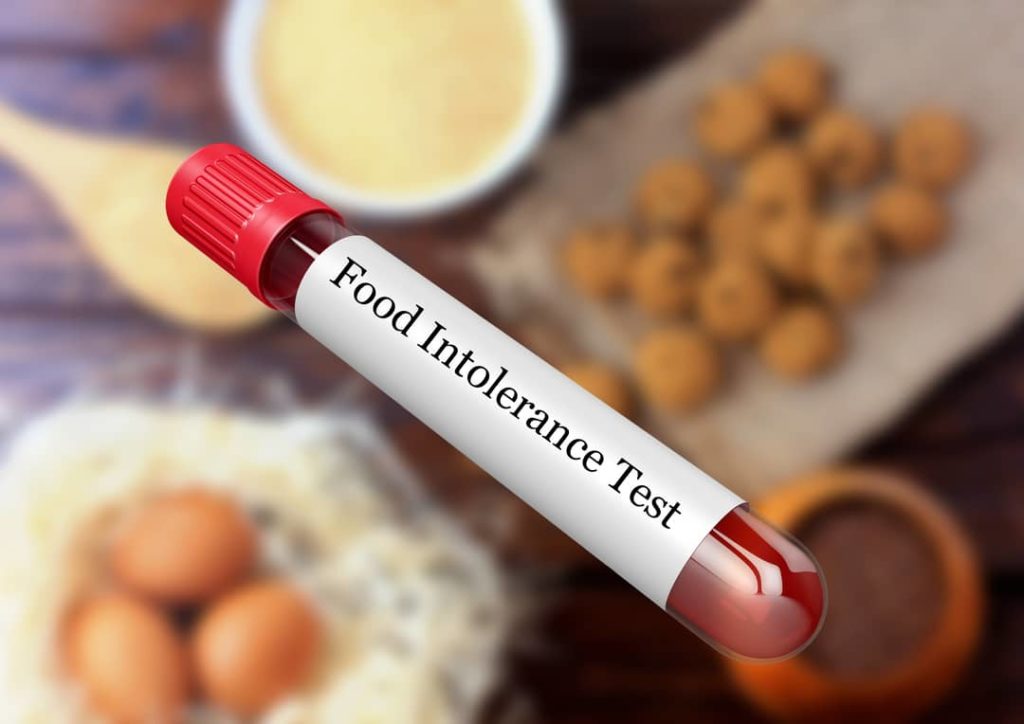In a world where dietary choices play a crucial role in maintaining optimal health, identifying and understanding food intolerances is gaining prominence. Food intolerance tests have emerged as valuable tools for individuals seeking insights into their body’s response to different foods. In this article, we explore what food intolerance tests entail, their uses, and the optimal timing for taking these tests.
Understanding Food Intolerance:
Food intolerance is a non-allergic, adverse reaction to certain foods that can manifest in various ways, such as digestive discomfort, headaches, skin issues, or fatigue. Unlike food allergies, which involve the immune system, food intolerances typically stem from the body’s inability to properly digest or process certain components in food.
What is a Food Intolerance Test?
A food intolerance test is a diagnostic tool designed to identify specific foods or ingredients that may trigger adverse reactions in an individual’s body. These tests analyze blood samples to detect the presence of antibodies, IgG (Immunoglobulin G), which are associated with delayed food sensitivities or intolerances.
Uses of Food Intolerance Tests:
- Identifying Trigger Foods: One of the primary purposes of food intolerance tests is to pinpoint specific foods or food groups that may be causing adverse reactions. This information is valuable for individuals looking to modify their diet to alleviate symptoms and improve overall well-being.
- Managing Chronic Conditions: Food intolerances have been linked to various chronic conditions, including irritable bowel syndrome (IBS), migraines, and skin disorders. By identifying and eliminating trigger foods, individuals may experience a reduction in symptoms associated with these conditions.
- Optimizing Weight Management: Some proponents of food intolerance testing suggest that identifying and eliminating trigger foods can contribute to weight management. The theory is that reducing inflammation caused by intolerances may support a healthier metabolism.
- Enhancing Energy Levels: Individuals experiencing fatigue or low energy levels may benefit from identifying and avoiding foods that contribute to their intolerance symptoms. Adjusting the diet based on test results can potentially lead to increased energy and vitality.
Timing of Food Intolerance Tests:
The timing of food intolerance tests is a crucial consideration to ensure accurate results and meaningful insights. Here are some key points to keep in mind:
- Stable Diet: It is recommended to undergo a food intolerance test when the individual has been following a stable diet. Sudden changes in diet can affect the accuracy of the results, as the body needs time to react to specific foods.
- Symptom Observation: If an individual is experiencing symptoms such as bloating, digestive issues, or skin problems, it may be an appropriate time to consider a food intolerance test. Connecting the test results with ongoing symptoms can provide valuable information for dietary adjustments.
- Post-Elimination Diet: Some individuals choose to undergo a food elimination diet before taking a food intolerance test. This involves removing suspected trigger foods for a certain period and then reintroducing them one by one. The test can help validate and refine the results of the elimination diet.
Conclusion:
Food intolerance tests Dubai offer individuals a personalized approach to understanding their body’s response to different foods. By identifying trigger foods and making informed dietary choices, individuals may experience improvements in various aspects of their health. The key lies in approaching these tests with a clear understanding of their purpose, considering the optimal timing, and using the results as a tool for creating a well-balanced and tailored diet that supports overall well-being.

